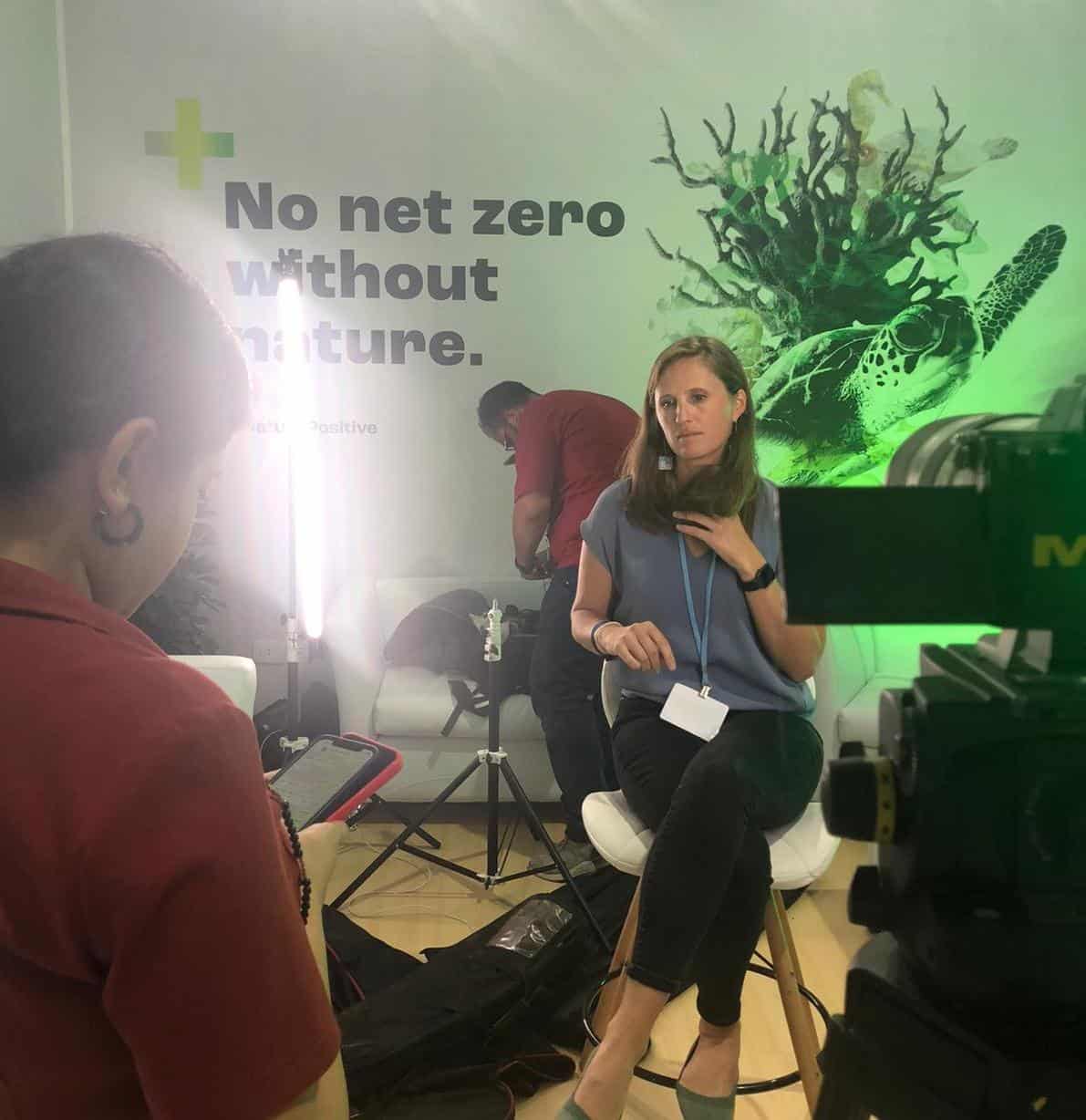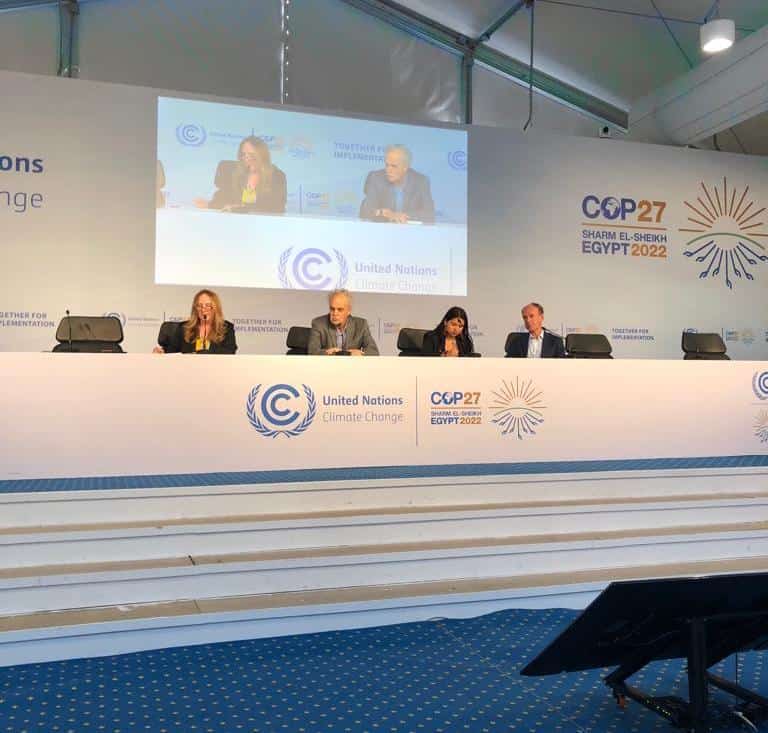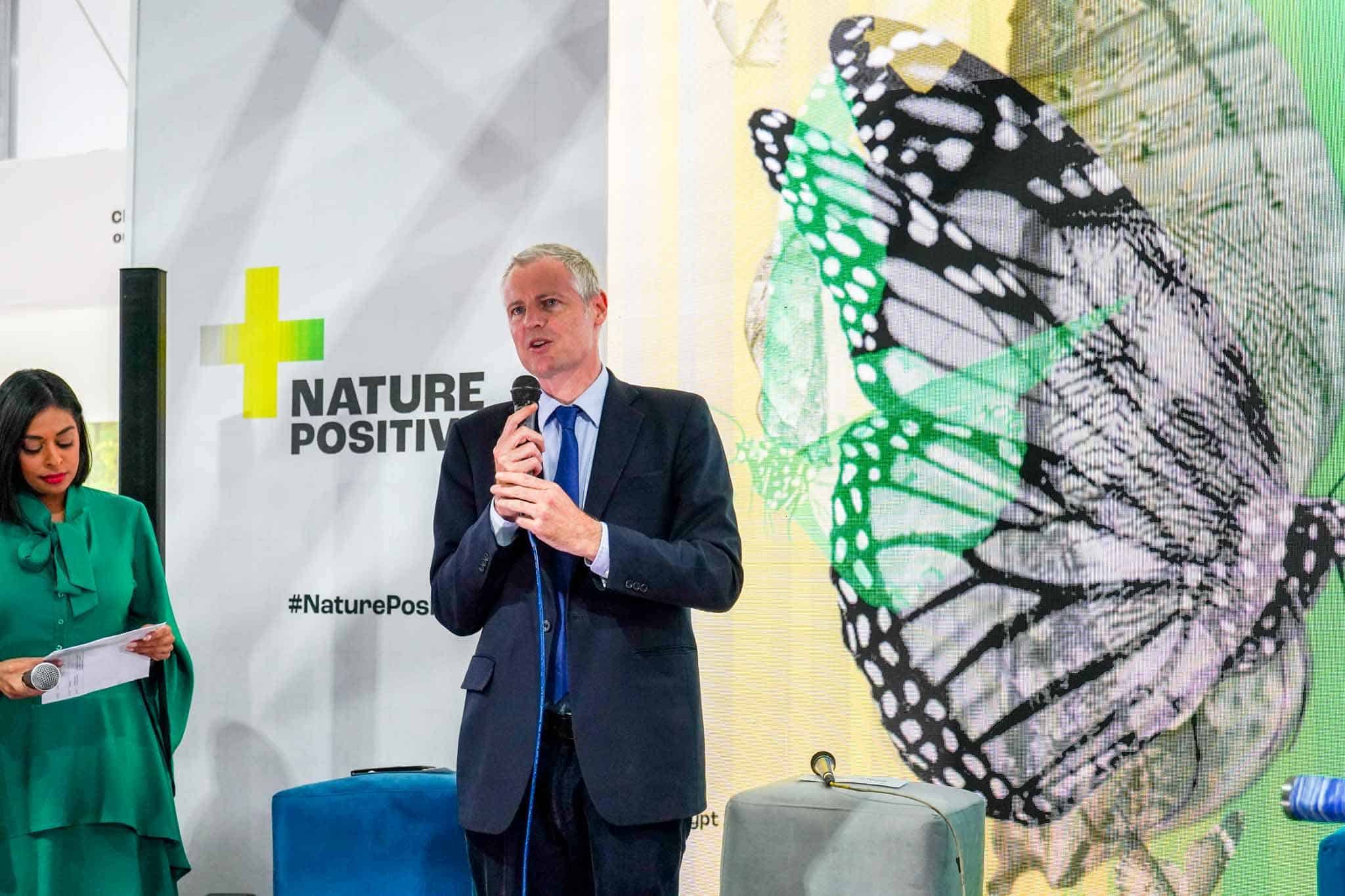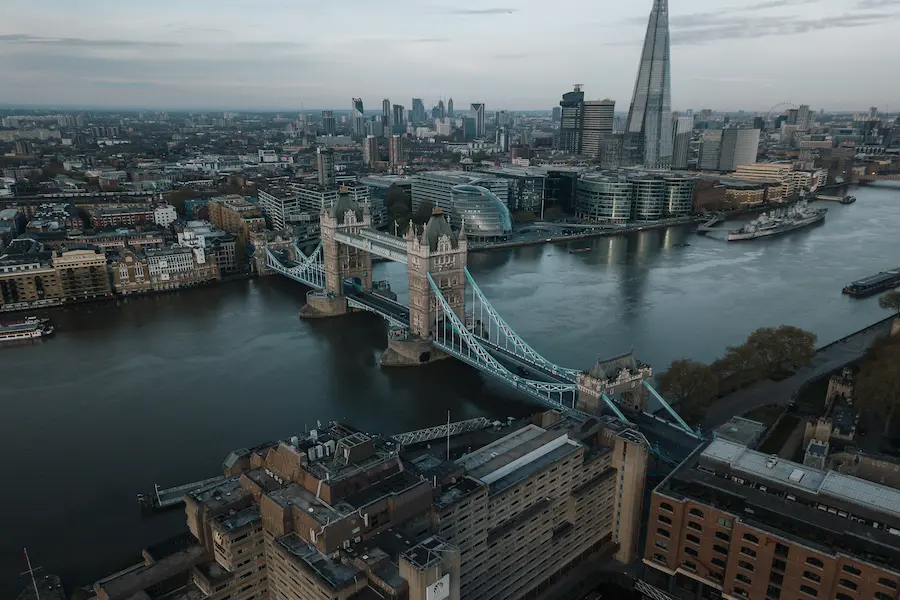Nature Positive Future: COP27 & CBD COP15

As the 27th UNFCCC Conference of Parties ended in Sharm El Sheikh in November, negotiators, media and the public analysed what the outcomes would mean for our global future. Whilst progress made on loss and damage and fossil fuels dominated the headlines, another critical issue was also given the attention that it so desperately needs: nature and biodiversity loss. Now, all eyes are now looking to Montreal, where COP15 – the UN Biodiversity Conference is hosted. But what is COP15 exactly and why is it important?
This year’s Biodiversity Conference is a critical moment to increase worldwide protection for biodiversity, providing a rare opportunity to strengthen the Global Biodiversity Framework and the final opportunity to reverse and halt nature loss within the UN Decade of Ecosystem Restoration, which runs from 2021 to 2030.
Only with this vision in the Global Biodiversity Framework, and with action now, will we avoid crossing irreversible environmental tipping points from which it will be impossible to recover.
What does a Nature Positive future mean?
A Nature Positive future is one in which we have halted and reversed nature loss by 2030 and ensured a full recovery of nature by 2050. This goal has been set out by some of the world’s leading environmental organisations who are calling on world leaders to make this the overarching mission of the new 10-year Global Biodiversity Framework.
As well as embracing clear, science-based targets, a Nature Positive future must be completely integrated and aligned with the rights of indigenous and local communities, who have been stewards of biodiversity and nature for generations. They make up less than 5% of the world’s population yet across the globe they protect 80% of our biodiversity.

Putting nature at the heart of the climate agenda at COP27
Working with the Nature Pavilion for a second year, co-created by Nature4Climate, Global Commons Alliance and the UN Climate Champions, the Greenhouse team spotlighted NGOs, indigenous knowledge holders and young leaders who called for a Net Zero Nature Positive future. From 112 leaders committing to conserve 30% of the planet’s land and oceans by 2030 to new funding to expand restoration activity across Africa, and Brazil turning the tide on deforestation, there was clear drive to protect, manage a restore our world’s critical ecosystems.
We achieved coverage in top media outlets, raising awareness of these key issues including BBC World Service, Sky News, CNBC Africa, CNN, Reuters, The Guardian, Euronews, Forbes and others.

This UN Climate Conference also held its first Biodiversity Day, providing the perfect opportunity to amplify the issue of nature and biodiversity loss ahead of CBD COP15. Working with The Nature Conservancy and WWF International, Greenhouse coordinated a press briefing on the ground with Earth Systems scientist Carlos Nobre, Ecuadorian activist Helena Gualinga and WWF Director General Marco Lambertini.

The press conference launched a call to action on nature and biodiversity loss from over 340 NGOs, scientists and indigenous leaders, and was supported by new research from GlobeScan highlighting the urgent need to halt and reverse biodiversity loss. Alongside this the Greenhouse team supported a global call to action from the champions of the Paris Agreement, noting the unprecedented opportunity countries have to turn the tide on nature loss at COP15
The momentum continued on social media where Greenhouse united the nature positive community of 70+ organisations around a visual digital campaign, rallying the group behind the campaign messaging and tagline ‘Change is in your Nature’. As a result #NaturePositive was used 25k times during COP27.
Passing the baton to COP15
Building on this progress ahead of CBD COP15, the Nature Pavilion hosted an ‘ambition relay’ at COP27. This event was a symbolic representation of moving the nature positive conversation onto the UN Biodiversity Conference, COP15. In attendance was CBD COP15 Executive Secretary Elizabeth Mrema, UN High-Level Champion Nigel Topping and Egyptian Environment Minister Yasmine Fouad.

“We need to bring the conversation from COP27 to COP15. Both the climate and the biodiversity crisis are the same crisis. It requires a joint solution!”

“We need to achieve the equivalent of a climate Paris moment for nature. Anything less will be disastrous for each and every one of us who depend on nature to survive”
What needs to happen at CBD COP15
The Global Biodiversity Framework, pegged as the Paris Agreement equivalent for nature, is a new blueprint for life on Earth. Thus, COP15 is a once-in-a-lifetime opportunity to secure an ambitious and transformative global plan to tackle biodiversity loss and set nature on the path to recovery.
Read more: ‘Paris agreement’ for nature imperative at Cop15, architects of climate deal say.
An ambitious Global Biodiversity Framework at CBD COP15 this December is vital to safeguarding the future of nature, which underpins all life on Earth.
Working with NGOs, youth leaders and indigenous knowledge holders, we will be calling for:
- Policymakers and governments to deliver an ambitious global framework and action agenda for biodiversity at CBD COP15 that drives transformation across our economy, societies, and way of life.
- Businesses touse existing guidance to assess and disclose impacts and dependencies on nature, commit to science-based targets for nature, and advocate for ambitious policies and action on nature throughout value chains and across sectors.
- Investors and financial institutions to use the fast growing and readily available set of natural climate solutions and deforestation-related roadmaps and tools, to work towards eliminating the conversion of intact ecosystems, especially deforestation, and nature depleting activities from their portfolios, and scaling their investments in Nature-based Solutions.
- Investors, companies, governments and civil society to work together with great urgency to reduce and reverse the socio-economic drivers and pressures causing nature’s decline and rising greenhouse gas emissions, while recognizing the common but differentiated responsibilities of different peoples.
- Deep transformations in the global economy which will be needed to reduce and reverse the drivers of rising inequalities, carbon emissions and biodiversity loss so that an equitable, net-zero and nature positive future is possible.
Following the COP15 discussions
Four things you can do to learn more about CBD COP15 and stay updated on discussions


